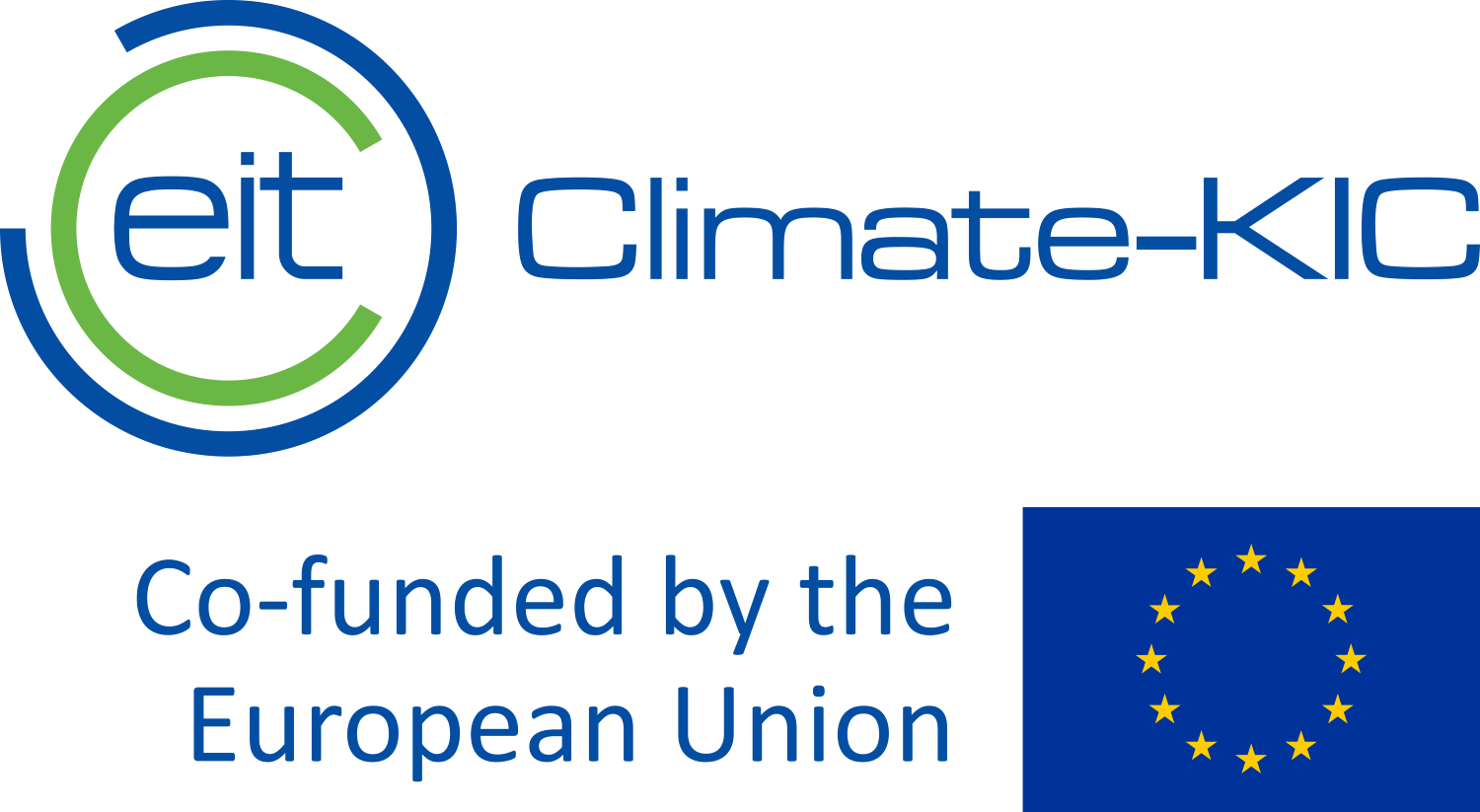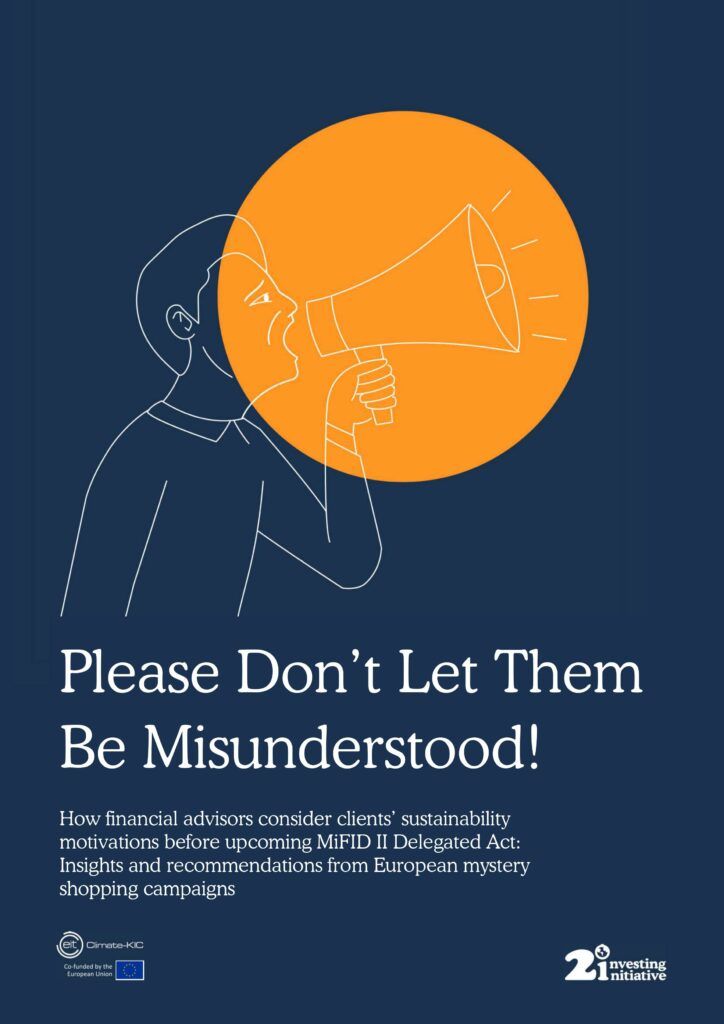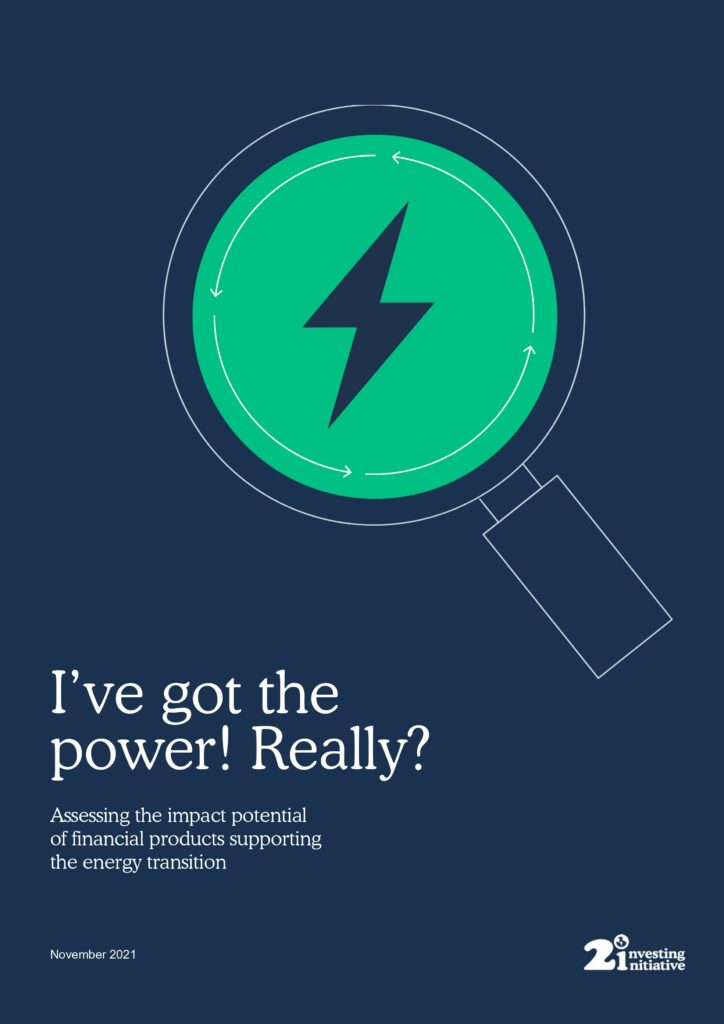Our mission is to help reallocate individual savings to finance the low-carbon transition, as well as to align retail investing industry practices with the Paris Agreement goals. To achieve this, we focus on supporting retail investors in their efforts to invest sustainably; helping financial institutions improve the sustainability of their product offering; and devising policy recommendations, with a special focus on Europe.
Context
Retail investors have great potential to contribute to the green transition, and research by 2DII and others shows that many of them want to make a positive impact with their money. However, they face several obstacles in achieving these objectives. For instance, many consumers lack an understanding of ESG investing issues, leaving them vulnerable to misleading marketing; others fail to find financial products that match their preferences or are widely suspicious of proposed sustainable financial products. On the supply side, many financial institutions fail to address consumers’ demand for impact and de facto engage in “greenwashing” by making improper marketing claims. And while the European Commission is introducing a series of reforms on this issue, such as an obligation for financial advisors to consider their clients’ non-financial investment objectives, the regulatory environment still requires adjustments and clarifications.
What we are doing
To address this, 2DII’s team of retail investing experts, led by behavioral economist Dr. Mickael Mangot with support from Nicola Koch, is employing a multi-pronged approach:
- Demand: improving public awareness and understanding of sustainable investing, as well as fostering demand for green, high-impact financial products;
- Supply: helping financial institutions devise high-impact products, while minimizing greenwashing or other misleading marketing;
- Distribution: ensuring that adequate products are efficiently allocated to retail investors, taking into account their sustainability and financial preferences;
- Market equilibrium: boosting the percentage of retail investments allocated to high-impact financial products;
- Regulatory environment: providing research and insights on regulatory initiatives such as the “impact label;”
- Communications: raising awareness of these issues across civil society and the media.
We use a number of means to achieve this strategy, such as consumer surveys; focus groups; mystery shopping visits; product screening; stakeholder engagement; development of tools and training materials; and policy, market, and legal research.

2DII developed the online platform MyFairMoney to empower European retail investors and advisors with the non-commercial, independent resources they need to answer these questions.
The first, MeinFairMögen.de, was introduced in Germany in October 2020. In November 2021, the platform was launched across Europe, with versions available in English and French.
MyFairMoney offers three key benefits:
- A suite of educational videos, tips, and other resources for retail investors to find out more about sustainable investing, better understand their own preferences, and avoid falling victim to misleading marketing
- A questionnaire for investors to determine their personal sustainability profile, which they can use to inform consultations with their bank and/or financial advisor
- A database of over 9,000 European funds, which provides detailed, independent information on the sustainability of various investment products. Users can search for individual funds and filter them in terms of certain sustainability criteria, for example, by Paris Agreement alignment score or exclusion of arms production.
Access MyFairMoney here.

These include findings from a survey of French and German retail investors, in which two-thirds of respondents said they wished to invest sustainably and most said their main goal in this was to have an “environmental impact” in the real economy. However, our research showed that many of them face substantial barriers: according to preliminary results from 100 mystery shopping visits in France, financial advisors almost never ask about clients’ sustainability preferences. And even when prompted by clients, most advisors still offered them unsuitable products.
In another recent publication, we focused on retail investor voting preferences and whether they would support climate-related shareholder resolutions. In consumer surveys, we found that most respondents were interested in having a positive impact with their investments and in “voting with their wallets.” However, most climate-related resolutions fail to achieve shareholder support at general meetings.
To complement these results, 2DII and its partners are carrying out further research, including consumer surveys, focus groups, behavioral science field experiments, and mystery shopping visits.

In a recent paper, we reviewed the marketing materials associated with a sample of 230 “sustainability-themed” European investment funds. We then analyzed the funds’ environmental impact claims against regulatory guidance. Our findings indicated that while the majority of consumers wish to invest sustainably, many of them are confused by environmental impact claims. Additionally, we found that 52% of the funds made environmental impact claims of some kind – and 99% of these claims were misaligned with guidance that requires them to be specific, unambiguous and substantiated. In another analysis of French retail investment funds, we likewise found that a significant number made unsubstantiated environmental impact claims that plainly steered into greenwashing.
As a complement to this research, 2DII experts are devising policy insights and recommendations with a special focus on the EU. This work includes providing feedback on the EU Ecolabel for Financial Products; participating in the consultation process for the new EU retail strategy; and taking part in working groups such as the suitability questionnaire under MiFID II.
Grant and funder information
2DII’s retail investing work is supported by the following grants and funders. This work reflects 2DII’s views only, and the funders are not responsible for any use that may be made of the information it contains.
As part of the Finance ClimAct project, 2DII’s retail investing work has received funding in part from the European Union’s LIFE program under grant agreement LIFE18IPC/FR/000010 A.F.F.A.P.
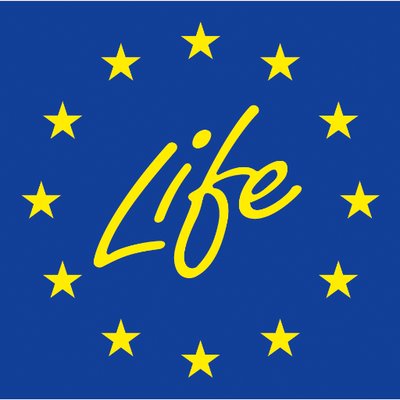
The KR Foundation supports 2DII’s regulatory engagement work.

2DII’s work in Greece and the Czech Republic is part of the European Climate Initiative (EUKI) of the German Federal Ministry for Economic Affairs and Climate Action (BMWK).
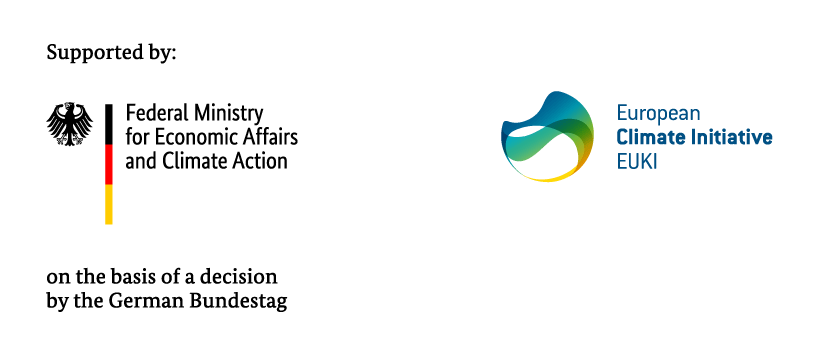
Level the playing field for energy efficient investments, a project with Better Finance, is funded by the EU’s Horizon 2020 research and innovation program under Grant Agreement N°834345.

The Elicit Sustainability Investment Preferences (ESIP) project aims to help financial advisors and intermediaries better respond to consumers’ sustainable investing preferences, using behavioral science field experiments, surveys, and more. It is funded by EIT Climate-KIC.
